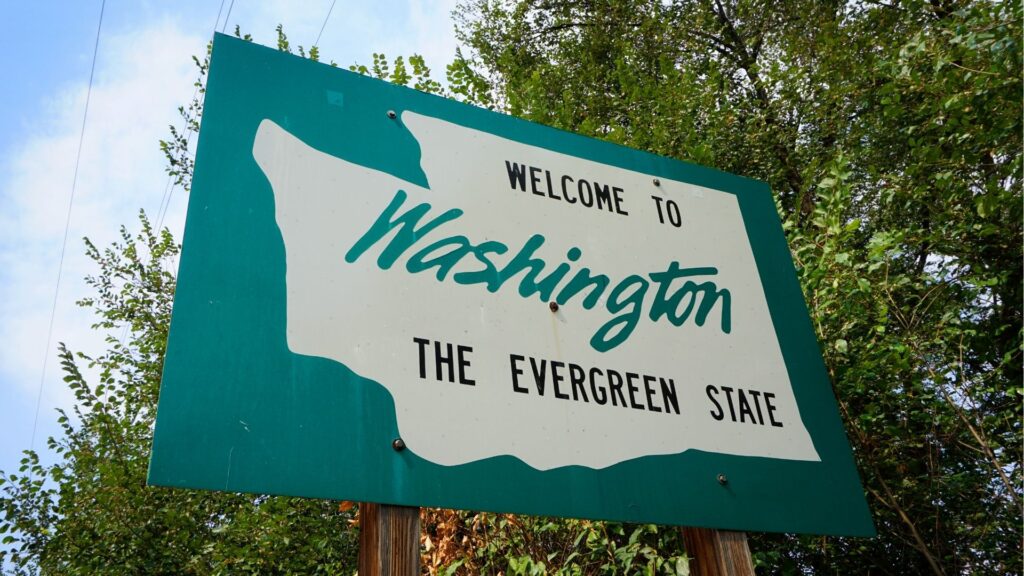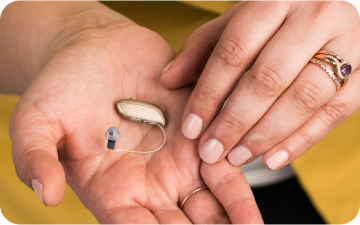
Washington State Labor and Industries is the state program that covers medical claims for workers who are injured on the job. You might be eligible to get hearing aids covered through a claim if you have permanent hearing loss because of excessive noise exposure, head injury, or some other incident at work. Submitting a claim to Labor and Industries for hearing loss is a fairly easy process. Your audiologist will recommend you to a physician who specializes in claims based on your history and your hearing test results. That physician will review your hearing test, your work and health history, and determine whether your hearing loss might be related to your current or previous job. They will then write a letter to L&I with a summary of that review, which usually gets you a response within 3 months or so.
Why Does Labor and Industries Cover Hearing Aids?
It doesn’t just cover hearing aids for anyone. You have to show that your hearing loss was, more likely than not, caused by an on-the-job injury. Your injury could be noise-induced hearing loss from a single event or repeated exposure over time. Your hearing loss could be from one particular job, or from noise you were exposed to at multiple jobs. But Labor and Industries does recognize hearing loss as an on-the-job injury. And that’s why they cover hearing aids and services to help you hear better.
What Does L&I Cover?
You’ll have more than just the hearing aids covered under your Labor and Industries claim. You’ll be able to get your hearing aids cleaned and get stocked up on batteries and other replaceable parts every 3 months. Your follow-up services, like repairs and reprogramming, will also be covered. And if your hearing aids break down and need to be replaced, they’ll cover replacements once every 6 years. The main thing they will not cover is loss or damage beyond repair. So, as long as you don’t lose your hearing aids or destroy them, you’ll be completely covered under your claim.
Your Labor and Industries claim will usually cover premium or advanced hearing aids, depending on the manufacturer and the model you select. You can not pay the difference to upgrade to premium devices if the model you select is only available in the advanced level.
How Do I Know If I’m Eligible for Labor and Industries?
You’ll need to start with a hearing test. You might already have had some tests at work if you worked in a noisy profession. Those old tests will be helpful for comparison, so bring them to your appointment if you have them. You should also try and write a detailed history of where you worked and when. And include details like:
- the kind of equipment you used.
- How often you were in noise throughout a typical day.
- Whether hearing protection was provided.
Your audiologist will review your information to see whether you might have a valid claim. Sometimes hearing loss is obviously noise-induced because of the degree or configuration. But it’s hard to tell based on the history alone.
How Do I Prevent Injury?
Talk to your employer! They should have a hearing conservation program in place already. Their conservation program should include things like annual hearing screenings, earplugs or earmuffs (and instruction on how to use them), and regular review of noise levels at work. If they don’t already have a program in place, we provide OSHA-compliant hearing screenings for employees.

